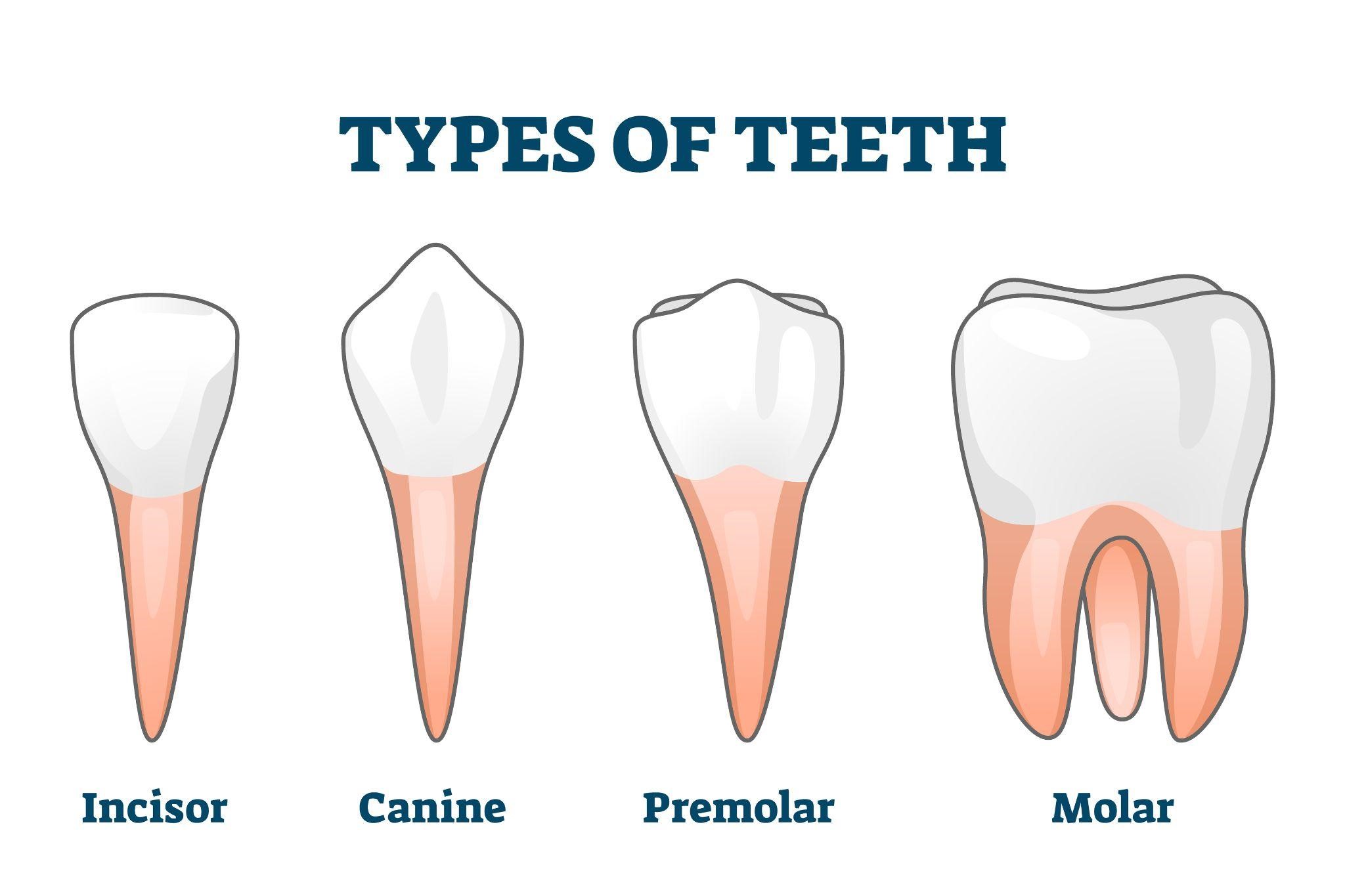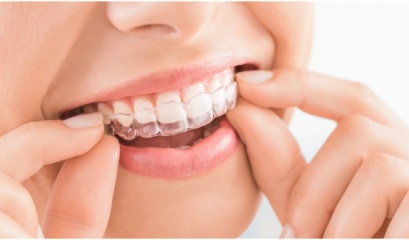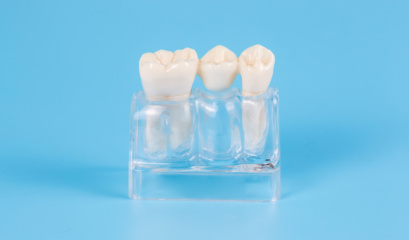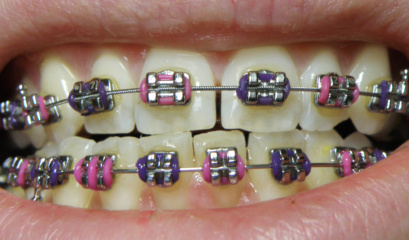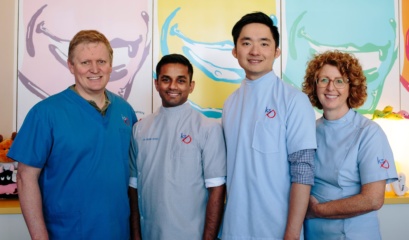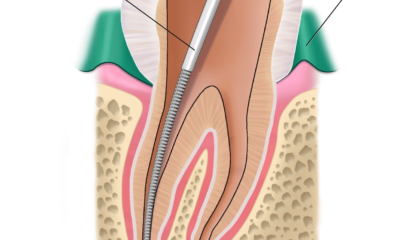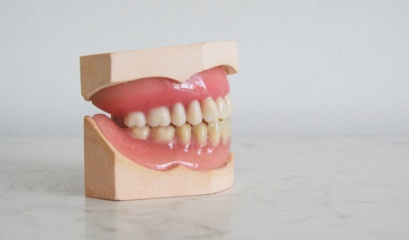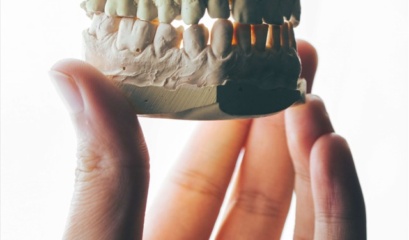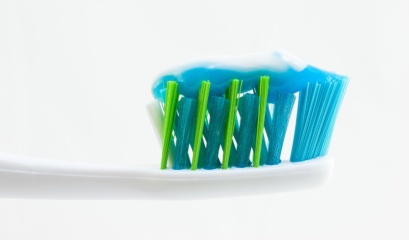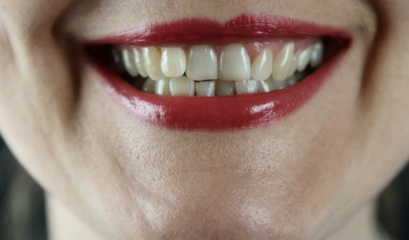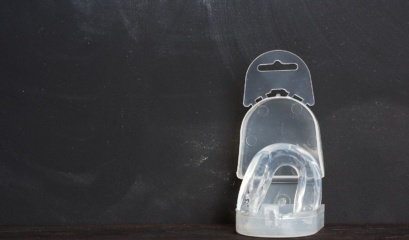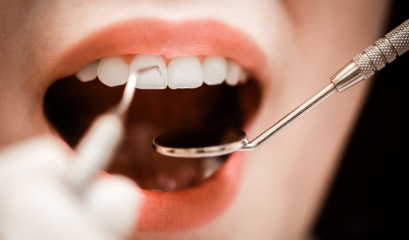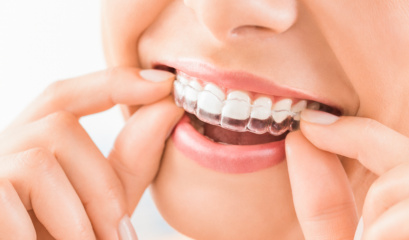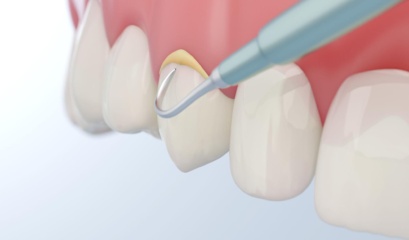We use them to eat, talk, and smile, but rarely do we think about how many teeth adults actually have.
When you’re a kid, your parents were probably reminding you twice a day to floss and brush your teeth. However, as you’ve aged, you may have started to take your teeth for granted. Taking good care of your teeth as an adult is essential to prevent oral health issues.
This article takes a deeper look into how many teeth we have as adults, what to do if a tooth falls out, and if, as adults, we can regrow a lost tooth.
If you’re after a dentist in Shepparton who will care for your oral health needs, visit us at Knight Street Dentists. Contact us today to book an appointment.
So, how many teeth do adults have?
Adults have 32 teeth but 28 if the wisdom teeth are removed. A set consists of 16 teeth in the upper jaw and 16 in the lower jaw. These teeth are divided into four types: incisors, canines, premolars, and molars.
Incisors are the eight front teeth, four in the upper and four in the lower jaws and are used for biting and cutting food.
Canines are the four pointed teeth, two on the top and two on the bottom, used for tearing and gripping food.
Premolars are the eight teeth located between the canines and molars, four on top and four on bottom, used for crushing and grinding food.
Molars are the twelve teeth at the back of the mouth, 6 on top and 6 on bottom, used for grinding and chewing food. This includes wisdom teeth.
When do adult teeth come in?
Children typically only have 20 teeth, which have normally all grown in by the age of 3. Adult teeth begin to come in around the age of six, when the first molars appear in the back of the mouth, causing the primary teeth, or more commonly referred to as baby teeth, to loosen and eventually fall out. By age 13, most of the adult teeth have erupted, with the exception of the wisdom teeth, which typically come in between the ages of 17 and 25.
How many wisdom teeth do adults have?
Wisdom teeth, also known as third molars, are the last teeth to come in, typically between the ages of 17 and 25. However, not everyone develops wisdom teeth, and those who do may only have one or two, while others may have all four. This is because the need for wisdom teeth has diminished over time. Wisdom teeth were much more useful for our ancestors, who needed them for powerful chewing. Studies show that as humans have evolved, these teeth have become less useful and our mouths have become smaller. With the reduced amount of mouth space, these teeth can cause problems such as pain, infection, or overcrowding, and may need to be extracted. Even if they are not necessarily causing any problems, it is now common practice to have a wisdom teeth extraction as soon as they start coming in.
Can adult teeth grow back?
Losing an adult or permanent tooth can be a traumatic and distressing experience. It can happen as a result of injury, decay, gum disease, or other oral health problems. It’s important to know that there are steps you can take to save the tooth and prevent further damage to your mouth.
- Try to locate the lost tooth and handle it gently by the crown, not the root.
- If the tooth is dirty, rinse it with cold water. Do not scrub or remove any attached tissue fragments.
- If possible, try to place the tooth back into the socket and hold it in place by biting down on a clean cloth or gauze. This will help stop any more movement.
- If you cannot reinsert the tooth, place it in a container of milk or your saliva to keep it moist.
- Seek dental treatment immediately.
Seeking immediate dental treatment increases the chances of saving the tooth. If you are unable to see a dentist immediately, go to an emergency dentist or to the emergency room. Once there, a dentist can reposition the tooth, stabilise it with a splint, and prescribe antibiotics to prevent infection.
If the tooth cannot be saved, the dentist may recommend a dental implant, bridge, or partial denture to replace the missing tooth. These restorative dentist options can restore the appearance and function of your teeth and prevent further problems such as bone loss and shifting of the remaining teeth.
Visit Knight Street Dentists for Your Dental Needs
Knowing how many teeth adults have and understanding their function is important for maintaining good oral health. At Knight Street Dentists, we provide personalised dental care tailored to your individual needs, with a focus on prevention, early intervention, and pain-free treatments. Our friendly and professional team is here to help you achieve long-term oral health and a happy smile. Contact us today to schedule your next dental appointment.

